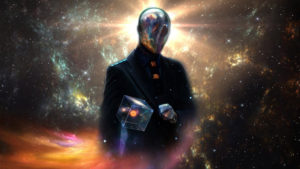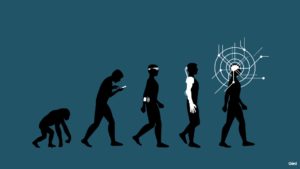Steve Fuller discusses what it would mean to be a person in a world of radical human transformation via technology.

Although there is no single definition of ‘transhumanism’, the term broadly relates to the idea that the human species should radically transform itself as it has the physical environment through the use of advanced technology. Steve Fuller writes on the link between transhumanism and capitalism and elaborates on what it would mean to be a person in such a world.
Capitalism is not normally seen as an especially ‘humanistic’ ideology. Yet central to the legal innovations that enabled the rise of capitalism in the early modern West was a doctrine of the person as a being who is free to exchange goods and services. In the eighteenth century, this freedom was characterized as an ‘inalienable right’, which is to say, not transferable to another either by choice or under duress.

Thus, a strong normative distinction between people and property was institutionalized, which had not existed in slave or feudal societies. The sting of the Marxist critique of capitalism comes from observing that this distinction is not upheld in practice. Instead, a supposedly inalienable right of the person becomes a site for exploitation, as asymmetrical power relations in the marketplace reduces human labour to inhuman capital inputs.
Continue reading “Transhumanism and the future of capitalism: The next meaning of life”


